Nimbus Launches First Human Trial of Promising WRN Inhibitor for MSI-H Cancers
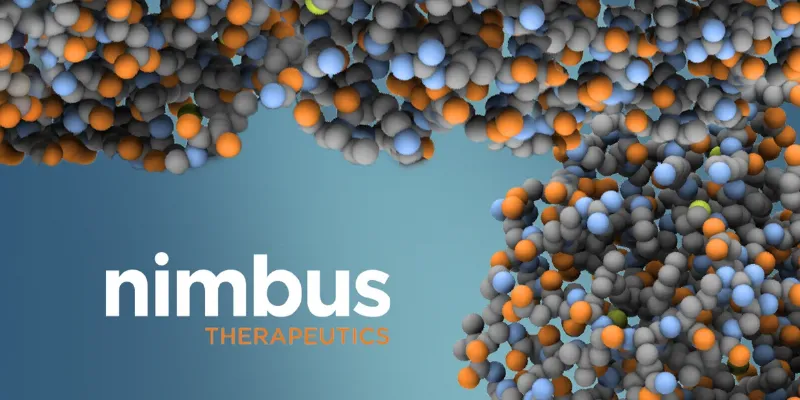
Nimbus Therapeutics announced the launch of a first-in-human clinical trial for NDI-219216, its investigational Werner syndrome helicase (WRN) inhibitor, targeting microsatellite instability-high (MSI-H) solid tumors. The trial has begun enrolling and dosing participants across multiple clinical sites.
NDI-219216 is a non-covalent WRN inhibitor, engineered to tackle one of the more stubborn challenges in cancer therapy: tumors that are resistant to both immunotherapy and chemotherapy. Preclinical data suggest the compound could emerge as a promising therapeutic strategy for MSI-H cancers, which arise from deficiencies in DNA mismatch repair and are observed in several tumor types, including colorectal, gastric, and endometrial cancers.
"The initiation of this clinical trial marks an important milestone in advancing our novel WRN inhibitor program," said Dr. Anita Scheuber, SVP, Therapeutic Head, Oncology at Nimbus. “We are excited to be evaluating NDI-219216 in patients with advanced disease, who currently have limited treatment options when they experience disease progression on standard of care therapies. We look forward to generating important additional safety and efficacy data as we advance this promising candidate through clinical development.”
The Phase 1/2 clinical trial (NCT06898450) is an open-label, dose escalation and dose expansion study designed to evaluate the safety, tolerability, pharmacokinetics, pharmacodynamics, and preliminary antitumor activity of NDI-219216 in patients with advanced cancer.
WRN is a critical DNA helicase involved in DNA replication and repair. Tumors exhibiting MSI-H — a hallmark of deficient mismatch repair — rely heavily on WRN activity for survival. Inhibiting WRN selectively targets these cancers while sparing healthy cells, making it a highly attractive synthetic lethal strategy.
In earlier studies presented at the 2024 EORTC-NCI-AACR Symposium, NDI-219216 demonstrated potent tumor regression and sustained complete responses at low doses across multiple MSI-H models, including colorectal, gastric, and endometrial cancers. Notably, its performance surpassed that of existing clinical-stage WRN inhibitors.
Further data will be unveiled at the upcoming American Association for Cancer Research (AACR) Annual Meeting 2025. Nimbus' research highlights NDI-219216’s unique ability to maintain efficacy against a known resistance mutation (Cysteine 727), a hurdle that diminishes the effectiveness of covalent WRN inhibitors.
"The data we are presenting at AACR 2025 highlight several important features of our non-covalent WRN inhibitor. NDI-219216 has the potential for more durable target engagement than covalent inhibitors and maintains potency against potential resistance mutations. Its superior efficacy across multiple MSI-H tumor models, including those less sensitive to other WRN inhibitors and those refractory to current therapies, reinforces our belief that NDI-219216 represents a best-in-class opportunity with broad potential across multiple MSI-H tumor types with significant unmet need," said Dr. Peter J. Tummino, President of Research and Development at Nimbus.
Headquartered in Boston, Nimbus Therapeutics specializes in structure-based drug discovery, combining advanced computational techniques and machine learning to design therapies against some of the most elusive biological targets. Alongside its WRN program, Nimbus is developing therapies in immunology and metabolism, including an investigational SIK inhibitor.
About NDI-219216
NDI-219216 is a highly potent and selective non-covalent investigational inhibitor of Werner syndrome helicase (WRN) activity being developed for the treatment of MSI-H tumors. WRN is a DNA helicase required for DNA replication and DNA repair and is a validated synthetic lethal target for tumors with microsatellite instability (MSI). MSI is a phenotypic consequence of deficient mismatch repair (dMMR) and occurs in various tumor types, including colorectal, gastric, and endometrial cancers. In preclinical studies, treatment with NDI-219216 exhibited robust antitumor activity across multiple cell line-derived xenograft (CDX) and patient-derived xenograft (PDX) MSI-H tumor models, including models for colorectal, gastric, and endometrial cancers.





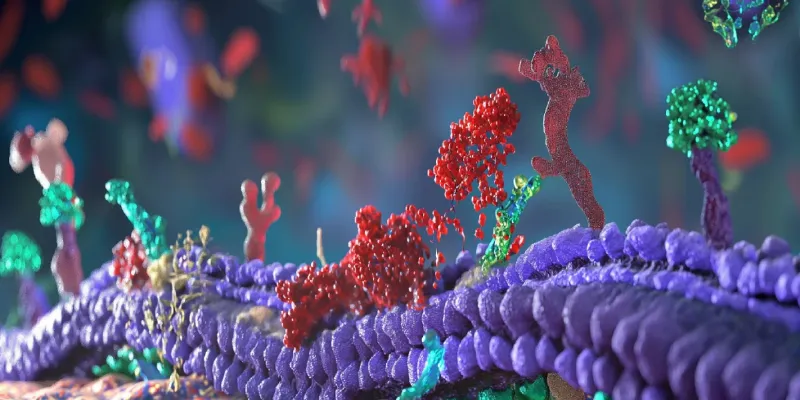
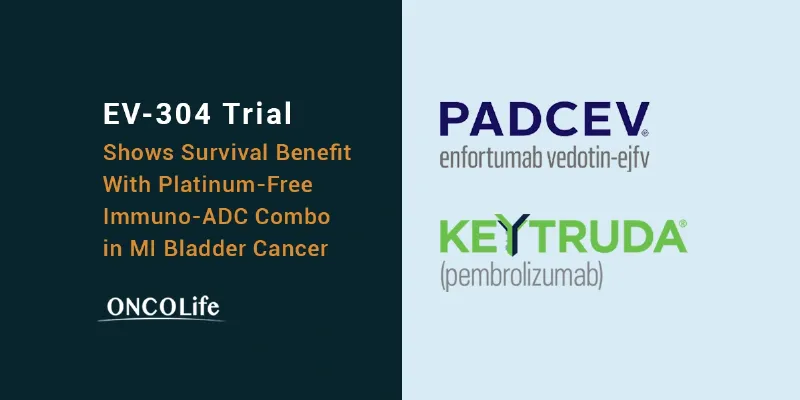

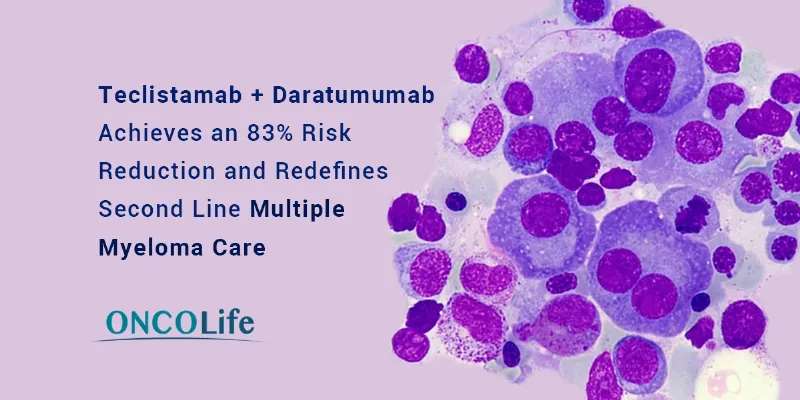
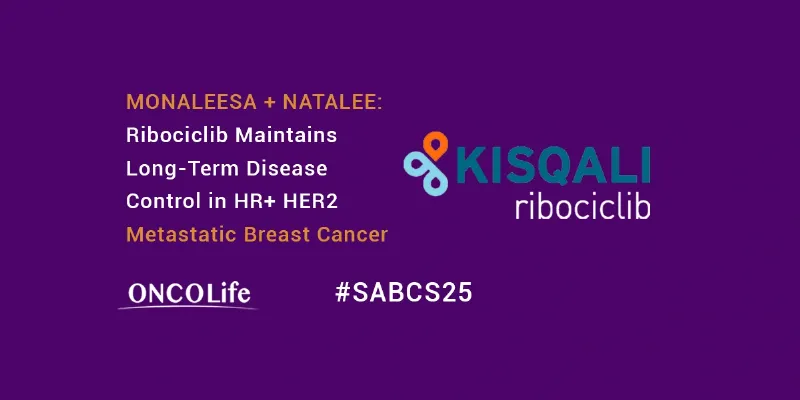

Comments
No Comments Yet!